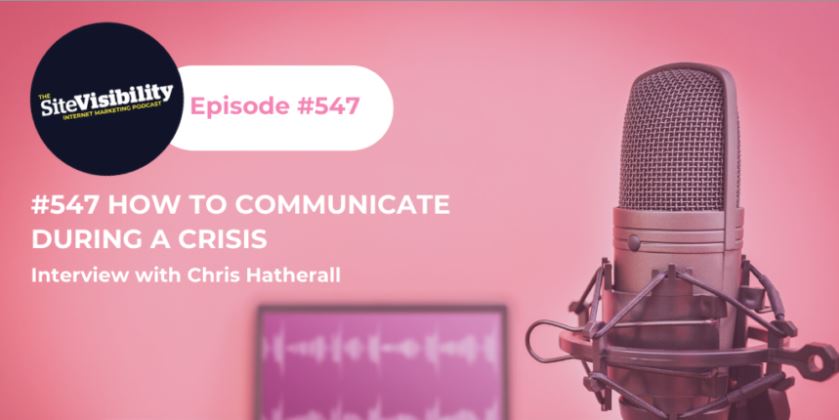Showing the world that you are a human being is one of the most effective ways to gain support and improve approval ratings – especially if you can back it up with expertise and good decision making.
The art of being a good spokesperson – or a good interviewee – is changing.
The public is fed up with politicians and business leaders using ‘bridging’ techniques to dodge questions and avoid transparency.
It may have seemed skilful to reply to a tough question with ‘The question we should be asking is’ in days gone by. But now it has run its course.
Bridging has been in every media training manual for decades but in the modern social media savvy environment it’s no longer working.
It reminds people of shifty question-dodging MPs and business leaders who are desperate to spin the truth.
So, what’s the alternative?
The new bridge is to be yourself and use empathy to win the audience over.
If it’s a tough question which you cannot answer, be honest. Say so – and explain why.
Showing the world that you are a human being is one of the most effective ways to gain support and improve approval ratings – especially if you can back it up with expertise and good decision making.
Social media has created an environment in which people want communication with businesses, authorities and even emergency services to be a conversation.
It’s not enough to be a figurehead and make a speech – you need to be ready to talk about it afterwards and understand how your words will impact those who are listening.
How do they feel? What will be they be worried about? What difficulties could they have? What questions will they have?
All these things should be considered in advance.
They way that we all handle a crisis may well be influenced by how the government is handling the current coronavirus pandemic.
A decision was clearly made that telling people what to do wouldn’t be enough. There wasn’t enough faith in politicians for them to be taken seriously.
So, the government opted to put experts alongside the Prime Minister in every press conference – understanding how people would react.
Professor Chris Whitty, Sir Patrick Vallance, Professor Neil Ferguson, Professor Stephen Powis and Dr Jenny Harries have all made big contributions.
They have varying levels of communication skills, but all have expertise behind them. There’s no reason to think they are twisting the truth.
Importantly, most have shown empathy, and in Jenny Harries’ case it has shone through.
She even handled an agony aunt question about whether couples who live apart should be allowed to meet up with good humour and nimble footwork.
In future we may see CEOs flanked by economic, HR and IT experts when giving press conferences. We may see police opt to bring scientists, environmental experts and forensic experts to stand alongside them outside Scotland Yard. We may even find a greater desire for the media to value subject matter experts above talking heads.
It all comes from understanding how modern audiences behave and how they react to messaging.
Most of all, however, what the public wants is to feel they are being taken notice of and are part of the conversation. They will warm to, and trust, spokespeople who are experts but also have a personality and a life behind the suit or uniform.
This is a very different media skillset to the past when stripes on the shoulder were regarded as more than enough to deserve airplay, or to the world of political spin in which it was regarded as clever to avoid the question and mislead the public.
Here are 10 top tips for communicating in a crisis in 2020:
1 Remember you are a human being
2 Think about other people not yourself, show empathy
3 Prepare properly so your expertise comes to the fore
4 Know why you are doing the interview and what you want to achieve
5 Tell people what actions and decisions you have taken
6 Be honest and transparent whenever possible
7 Don’t be afraid to refuse to answer some questions, but explain why
8 Don’t answer questions you aren’t an expert in – find the right person
9 Only use bridging as a last resort
10 Consider all your audiences – internal as well as external




